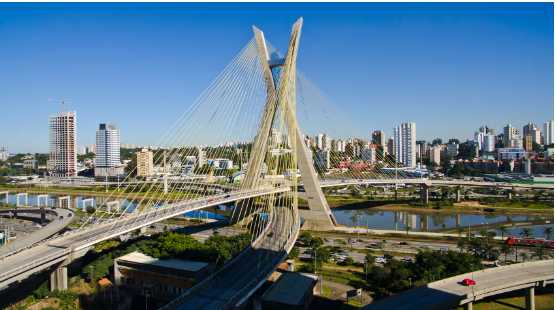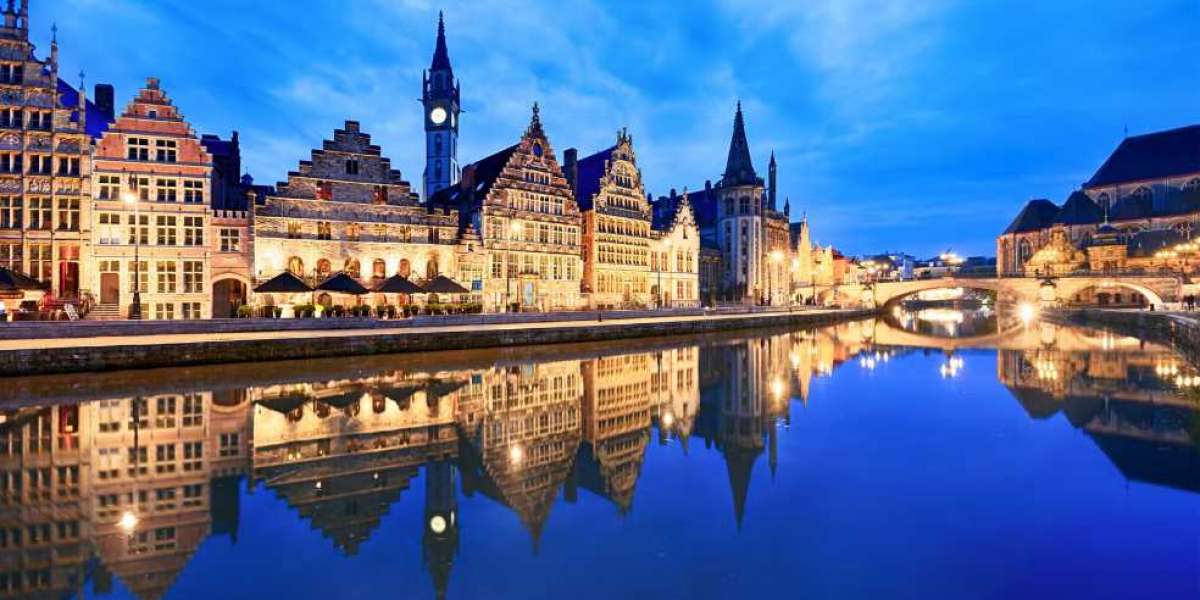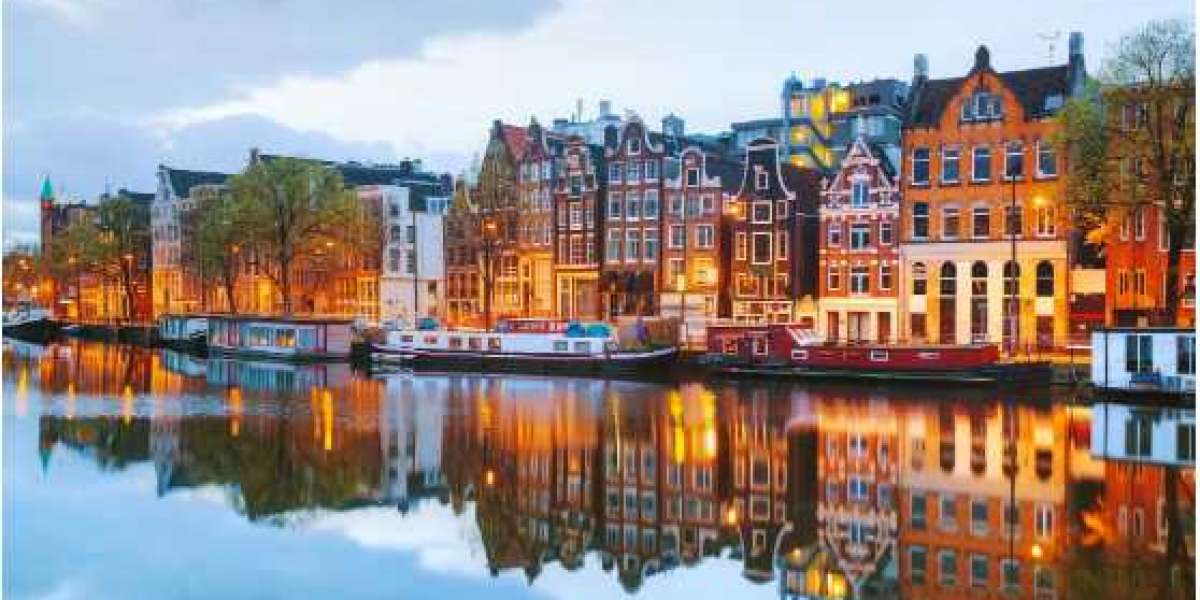Brazil is by far the most populous and largest country in Latin America, and its population is well over 200 million.
holds the position of having the seventh largest economy in the world. The country has more than 60 percent of the Amazon rainforest and 4,600 miles of coastline, making it a popular destination for vacationers looking to experience a tropical paradise. The beaches and natural beauty of the country are a major draw for tourists.
Brazil's culture is known the world over for its vibrant and extravagant aesthetic, as well as its samba music, the Brazilian Carnaval festival held in Rio de Janeiro, and football. You can spend your time off going to attractions like the statue of Cristo Redentor, also known as Christ the Redeemer, and taking in the scenery from Sugar Loaf mountain.
However, you should be aware that it is notoriously difficult to break into Brazil's job market due to the lengthy visa application process and the country's preference for hiring home-grown talent rather than workers from other countries. Not only do you need to have a high level of proficiency in Portuguese, which is the official language of the country, in order to be considered for a role, but you also need to have this level of proficiency in order to function normally in day-to-day life.
If you have the right set of skills and the motivation to look for work, there are plenty of opportunities available. This is especially true in the metropolitan areas of Sao Paulo, Macaé, Rio de Janeiro, and Brasilia, the capital city.
In the year 2020, the COVID-19 pandemic had a particularly severe impact on Brazil; however, there are indications that the country is beginning to recover from the pandemic. Visit the Foreign travel advice section of GOV.UK for the most up-to-date information on traveling to Brazil.
Jobs in Brazil
Brazil's agricultural sector is thriving, and the country is the largest producer of beef cattle, tropical fruits, and sugar cane in the world. Additionally, Brazil has been one of the world's leading producers of coffee for more than a century.
In addition to the country's agricultural sector, Brazil's industrial sector, which produces a wide variety of goods such as automobiles, airplanes, and computers, has also been thriving in recent years. Additionally, the nation is one of the leading producers of hydroelectric power and possesses a financially robust banking industry. Its national currency, the Brazilian Real, is also considered to be quite robust.
Despite this, it will be difficult to find a way into the job market in Brazil because the majority of Brazilian companies adhere to the "principle of proportionality," which states that Brazilian citizens must fill a minimum of two thirds of all open positions in the company.
In case finding work in Brazil wasn't already difficult enough, the ongoing coronavirus pandemic has also had an effect on recruitment, with the construction, manufacturing, and retail sectors being particularly impacted. In other words, finding work in Brazil has become even more difficult. According to the results of a survey conducted by ManPowerGroup in 2021 entitled "Employment Outlook Survey," only 7% of Brazilian employers anticipated growing their workforce in the coming quarter.
The following are examples of positions that recent graduates might be able to fill:
- sales representatives
- accountants, auditors and financial analysts
- healthcare professionals
- IT professionals
- engineers (chemical, civil, electronic and mechanical).
POPULAR GRADUATE JOBS
- Agriculture
- Automobiles
- Banking
- Oil and gas
- Textiles

How to Find A good job in Brazil
In Brazil, there are not many opportunities for graduates to find temporary or part-time work as a result of the country's policies regarding the hiring of foreign workers.
It is best to begin your search for full-time work from the comfort of your own home if that is your goal. Full-time jobs in Brazil are advertised via:
Send speculative applications to employers, including your curriculum vitae and a cover letter, in order to gain access to the hidden jobs market, which consists of a number of roles that aren't advertised.
Summer jobs
The hospitality and tourism sector in Brazil is always looking for people who are fluent in English; therefore, if the idea of working in a hotel, bar, or as a tour guide appeals to you, you are in luck. In a similar vein, business professionals who are interested in enhancing their capabilities in preparation for entering the global market have a high demand for teachers of English as a foreign language.
If you have previous experience caring for children, you might want to think about spending the summer in Brazil working as an au pair for a local family.
Teaching jobs
Because of the high level of competition in the Brazilian labor market, one of the least difficult ways for foreign applicants to find work there is by teaching English. Rio de Janeiro and Sao Paulo are the Brazilian cities with the highest demand for new teachers.
Your income will differ depending on where you live, as well as on whether or not you teach at a public or private school, university, or provide private instruction.
If you teach a specialized topic, such as legal or medical English, you will be able to command a higher hourly rate for your services.
In order to work as a teacher in Brazil, you need to satisfy the requirements listed below, and
have:
- two years' teaching experience at the appropriate level
- a Bachelor degree in a relevant area of focus
- a Teaching English as a Foreign Language (TEFL) certificate, if you're teaching in a private school.
Search for teaching opportunities in Brazil via:
- Cultura Inglesa
- ESL Employment
- Go Overseas - Teach English in Brazil
- International TEFL Academy - Teach English in Brazil
- The TEFL Org - Teach English in Brazil
Internships Internships are abundant in Brazil's bustling cities; Sao Paulo is a popular destination as it is where many of the roles are based, so it is no surprise that this city offers the most opportunities. These range from positions in marketing and business to those in web development and other related fields.
English is used for the majority of the content found on the internet's many resources for finding internships.
You can conduct a search for available positions at:
- AIESEC.org
- Glassdoor - Summer intern jobs in Brazil
- GoAbroad.com - Internships in Brazil
- GoOverseas - Internships in Brazil
- Intern Brazil
Brazilian visas
For any paid work that you do in Brazil, you will be required to have both a residence permit and a work visa.
Your prospective employer will submit an application for a work visa on your behalf to the Brazilian Ministry for Labour and Employment. The application must include a copy of the employment contract, a copy of your curriculum vitae, copies of any required work documents, and a copy of your passport that has been notarized.
After this has been processed and approved, you will need to submit an application for a temporary work visa in your home country through the embassy or consulate that serves your area. Getting a job lined up in Brazil before making the move there is absolutely necessary because of this reason.
After two years, a temporary work visa will no longer be valid. At this point, it is possible to have it renewed for an additional two years; subsequent to that, your employer will be able to apply for a permanent visa on your behalf if you intend to remain in Brazil for an extended period of time. During the time that you are in possession of a temporary work visa, you will not be able to switch employers without first receiving permission.
You have thirty days from the time of your arrival in Brazil to collect various documents from the federal police. These documents include a Brazilian taxpayer ID card and a foreigner identification card, both of which are required in order to open a bank account.
You should submit your visa application as early as possible because the processing time can range anywhere from two to three months.
Visit the Brazilian Embassy in London, which is located in order to acquire information regarding Brazilian travel visas.

Language requirements
In light of the fact that Portuguese is Brazil's national language, it is highly unlikely that you will find work there if you are unable to communicate in the language.
When you get to Brazil, if you want to improve your Portuguese skills, you have the option of enrolling in Portuguese classes or finding work through an international organization, which may include assistance with Portuguese as part of an employee's benefits package.
In order to find work in Brazil, certification from a course in an official language is not required. Think about brushing up on your Portuguese with the help of online resources, such as the ones provided by BBC Languages - Portuguese and Duolingo - Learn Portuguese.
Providing an explanation of your qualifications to potential employers in Brazil
When you present your qualifications to potential employers in Brazil, there should be no room for ambiguity. The Brazilian Ministry of Education (MEC) designed the country's higher education system to have some similarities to the Bologna system that is in place in the United Kingdom.
Nevertheless, the two systems are not formally connected to one another in any way. When applying for jobs, it is in your best interest to provide as much detail as possible regarding your qualifications.
How the labor market in Brazil actually works.
In Brazil, the typical working day begins at 8:00 am and ends at 6:00 pm, Monday through Friday, with a break of one hour that is unpaid. The standard work week for employees is forty hours, and by law, they cannot work more than forty-four hours.
When it comes to vacation time, employees have the option of taking all 30 days of their annual leave at once or breaking it up into smaller chunks after they have been employed for one full year. There are eight national holidays celebrated annually in the United States, including Christmas and New Year's Day. Employees are permitted to take time off work for these holidays, provided that doing so will not put them in jeopardy of losing their jobs (such as those who work in the emergency services).
Through the SUS (Unified Health System), the government provides free medical care to its citizens. Additionally, there are public health programs in place that make it more affordable to purchase medication.
Learn the details here.
Learn more about what it's like to go to school in Brazil.




Alphonsus Odumu 7 w
Rio